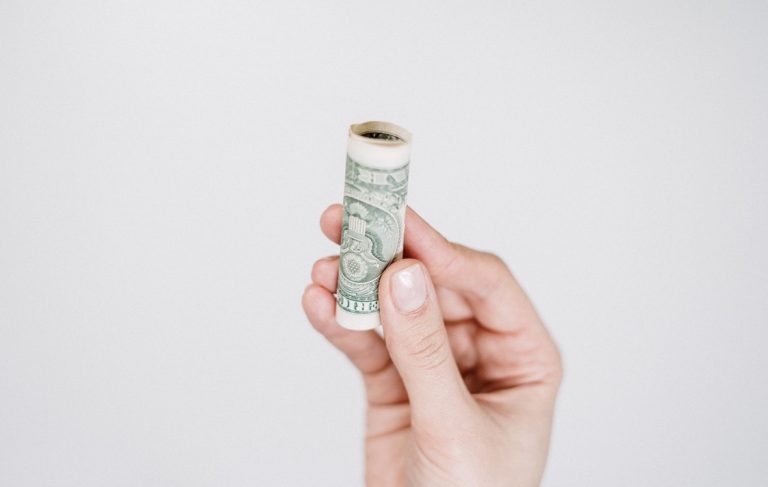If you don’t have an emergency fund sitting in your bank account, you may be wondering whether this is a problem. Should you have an emergency fund? The short answer to this question is “yes.” Read ahead to find out why that is.
Story Stages
Emergency Expenses
An emergency fund can help you prepare for those unpredictable, urgent expenses that threaten to throw a wrench in your financial plans for the month. You’ll want to have this type of fund when your pipes freeze one day, and you need to pay a plumber to thaw them for you. You’ll want one when your car gets a flat tire in the middle of your morning commute, forcing you to call a tow truck and go to an auto mechanic for a brand-new tire. Or when a dental crown pops off when you’re eating lunch, and you need to make an emergency appointment with your dentist’s clinic to fix it.
You can’t put these problems on the back burner and wait until you have more money to deal with them. You have to respond to them right away. With an emergency fund, you can react to these problems the moment that they crop up.
Living without an Emergency Fund
Without an emergency fund, responding to an emergency expense will be a little more challenging. You could use the money sitting in your checking account, but you will have to calculate whether making this emergency payment will have a negative impact on your budget for this month or the next. You don’t want to use up money reserved for any upcoming bills or essential payments.
If you’re not careful, you could overestimate how much you can afford to use in your checking account and make some serious mistakes. You could miss deadlines for bill payments, accumulate late penalties, put your account into overdraft or bounce a check. You’ll give yourself more financial trouble to contend with.
What other options do you have? One alternative way of covering an emergency expense when you don’t have enough savings is to put the charge onto your credit card. This allows you to respond to the emergency quickly and then focus on paying down the balance later.
Another alternative that you could turn to in an emergency is a personal line of credit. With a personal line of credit, you can request a withdrawal within your set credit limit. If that request is approved, you can have the funds deposited into your checking account, where you can use them to quickly cover your emergency expense.
If you don’t have a personal line of credit already, you can apply for one. There are personal line of credit loans available online for people who want some additional help with handling emergency expenses. As long as you meet the qualifications, you can fill out an application. You could get approved for an account!

Credit: EVG Kowalievska via Pexels
Life Upheavals
An emergency fund can help you handle more than urgent repairs and medical appointments that don’t fit in your budget. It can also keep your household temporarily afloat during a moment of major upheaval when you can’t rely on your regular source of income.
You might have experienced a time of major upheaval fairly recently because of the COVID-19 pandemic. Maybe you caught COVID-19 and needed to take weeks off of work to recover. Maybe your industry couldn’t function during lockdowns, and you were one of the millions of Americans who lost their jobs. Maybe schools and daycares closed in your area, and you had to stop working to take care of your children. Maybe you had to care for a sick or elderly relative because they had no one else to turn to.
These are all moments where an emergency fund could’ve come in handy. You could have used the savings in your funds to help you supplement your income and pay for essential bills for a period of time. It’s enough to get you through a temporary stretch of financial struggle.
You should try to prepare your emergency fund for times of major upheaval, just in case you go through a similar situation all over again.
How Much Should You Save?
Now that you know why you should have an emergency fund sitting in your bank account, you might be wondering how much should be inside of it. The general rule of thumb is to save three to six months’ worth of your income inside your fund. That should be enough savings to help you cover urgent, unexpected expenses like car repairs, home repairs and medical appointments. It should also be enough to help you weather big life upheavals without your regular source of income.
It will take time to follow that rule of thumb and reach that savings goal. So, you shouldn’t waste another second! Start working on your emergency fund and push your way toward that savings goal.
